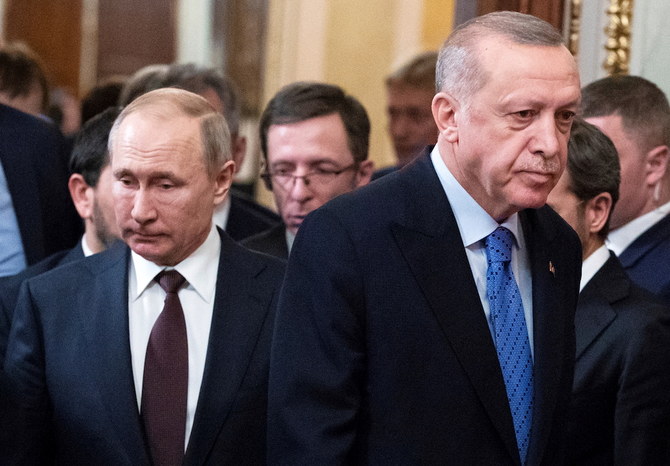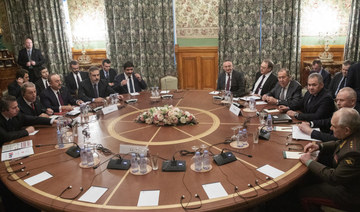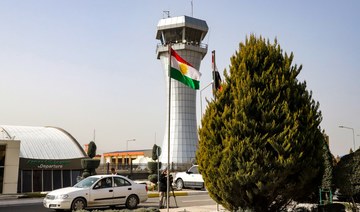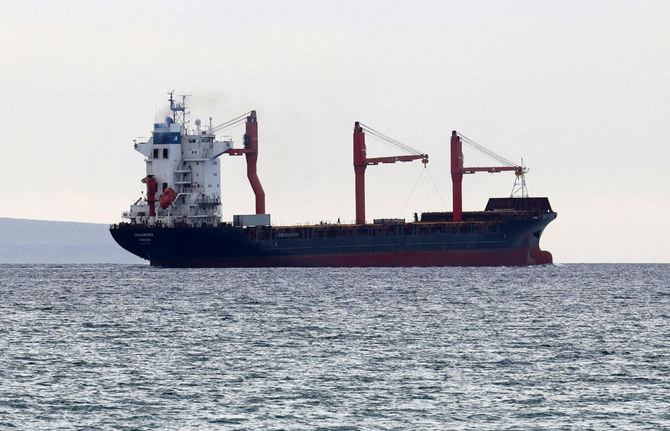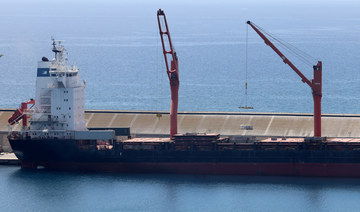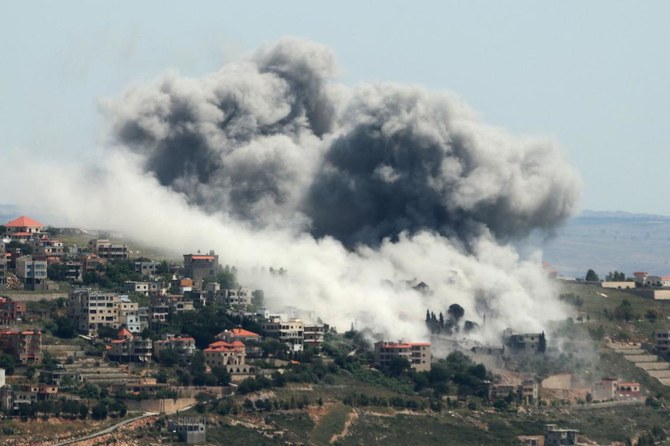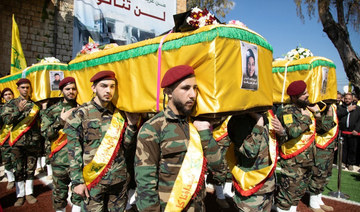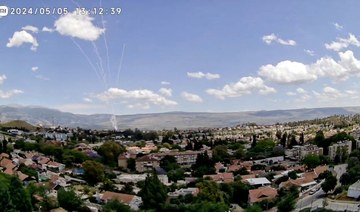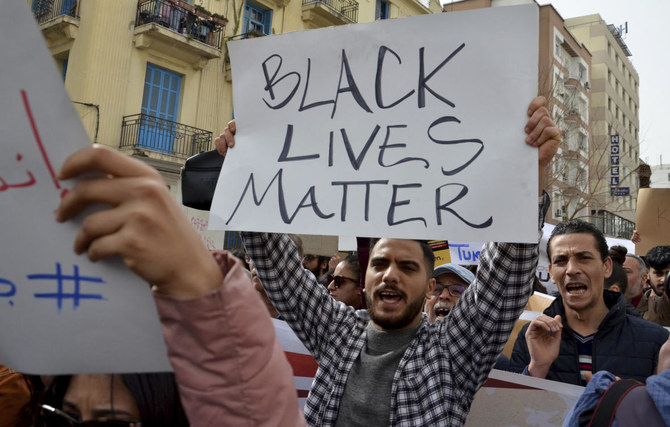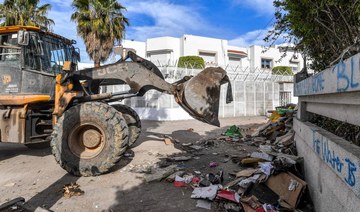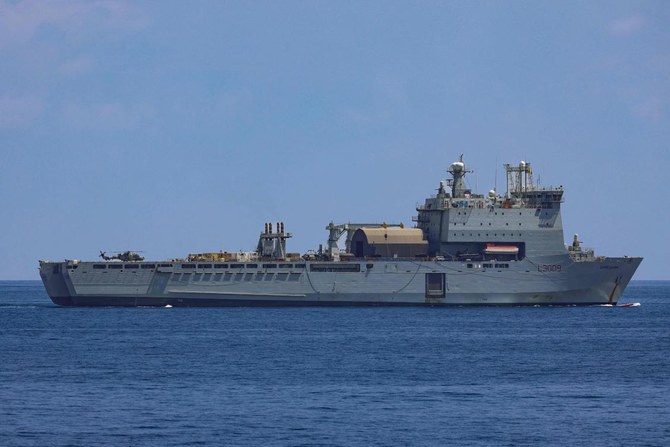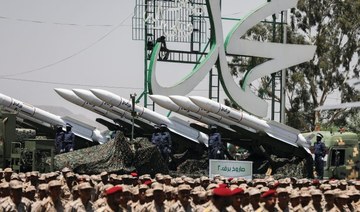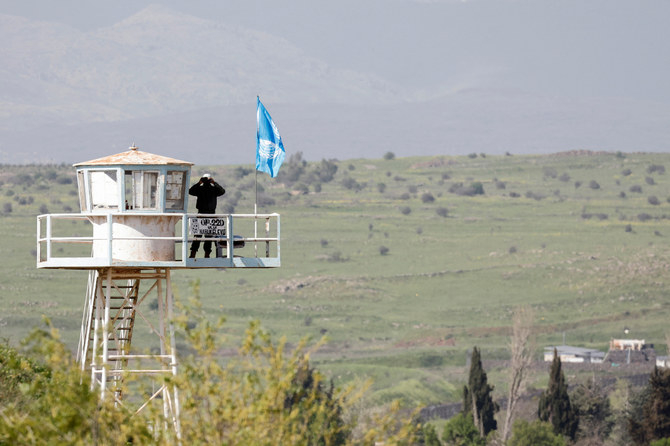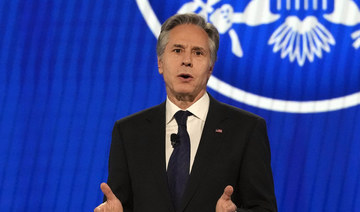ANKARA: Turkiye has pledged to ban the re-export of Western goods to Russia after the latest warning by the US State Department over sanctions compliance.
However, the NATO member, which is set to hold general and parliamentary elections on May 14, will still export domestic products to Russia.
Turkiye-Russia relations are again in the spotlight, with Ankara’s apparent neutrality over the Russia-Ukraine conflict proving a continuing source of tension with the US.
According to Reuters, James O’Brien, head of the US State Department’s Office of Sanctions Coordination, said that Turkish officials have been “very clear” about the ban on the re-export of sanctioned Western goods to Russia.
On March 20, the Istanbul Ferrous and Nonferrous Metals Exporters Association announced that the Turkish government provided companies with a list of foreign goods that are prohibited from being sent to Russia.
The announcement came soon after a visit by US Secretary of State Antony Blinken to Ankara.
Similarly, Ankara reportedly gave the European Commission verbal guarantees that sanctioned goods will not be sent to Russia from March 1.
However, this restriction does not cover goods made in Turkiye, which contain components from other countries that can still be exported to Russia without limitations.
Washington remains cautious and is committed to monitoring Turkish trade data with Russia from March and April.
During a press briefing last December, O’Brien warned Ankara over its sanctions compliance, saying that secondary curbs could be imposed on Turkiye in case of violations.
Meanwhile, several senior US officials have visited Turkiye since the Ukraine invasion to request the Turkish private sector, including banks, comply with US sanctions on Russia.
Turkiye served as a critical supply route for Russia after extensive sanctions were applied by several Western countries to prevent the Russian army from reusing imported products in weapons systems, such as microchips and chemicals
Soner Cagaptay, director of the Turkish program at the Washington Institute, said it is an “open secret” that Turkiye has maintained trade connections with Russia since the invasion despite Western sanctions.
“All trade indicators more than doubled on an annual basis. It is part of Ankara’s pro-Ukraine neutrality policy,” he told Arab News.
Turkiye has also supported Ukraine militarily in a bid to balance the Black Sea security environment, said the director.
“Ankara also kept its economic ties with Russia. It benefited from investment flows, increased trade from Russia, and encouraged Russian oligarchs to bring their money in Turkiye and to buy houses,” he added.
The US government “is pushing against these efforts, and is going through compliance channels by warning businesses about not trading with Russia and not using Russian credit cards. And that is working and is bringing Turkish companies on board,” Cagaptay said.
Thousands of wealthy Russians have migrated to Turkiye since the invasion of Ukraine, buying property, bringing cash savings, opening hundreds of businesses to circumvent sanctions and attempting to make the country a financial haven for Russians. Turkiye is still one of Russia’s biggest trade partners.
Cagaptay said that if Turkiye’s government remains in power following the May 14 elections, Ankara will continue supporting Kyiv militarily, keeping economic ties with Moscow open and abiding by Western sanctions to a certain extent.
“In case of an opposition victory, it is unlikely that Turkiye will completely disengage from Russia economically because they have deep ties with Russia in various sectors ranging from energy to foodstuff and tourism,” he added.
“If the opposition wins, they will support Ukraine more politically, with an inclination toward a slow disengagement of some economic ties with Russia,” said Cagaptay.
As the US gears up for its 2024 election, experts have said that US President Joe Biden will take measures to isolate Russia further with fresh sanctions, and will demand more from Turkiye in addition to business compliance channels.
Cagaptay said the US will use government-to-government contacts to push Ankara into further disengagement from Russia.
Meanwhile, Turkish President Recep Tayyip Erdogan received Russian Foreign Minister Sergey Lavrov in Turkiye on April 7.
The visit coincided with a phone conversation between Turkish Defense Minister Hulusi Akar and US Secretary of Defense Lloyd Austin to discuss NATO expansion with Finland and Turkiye’s demand for new F-16 jets and modernization kits from the US.
Ozgur Unluhisarcikli, Ankara office director of the German Marshall Fund of the US, said that there is a difference between Turkiye avoiding sanctions against Russia and facilitating Russia’s circumvention of sanctions through the re-export of sanctioned products from Europe.
Referring to the latest statement from the US State Department, “it is the latter that Turkiye will limit, not its usual trade with Russia,” he told Arab News.
Unluhisarcikli added that the US will pay particular attention to dual-use items that can be used for both civilian and military purposes.
“While Russia will not be thrilled by Turkiye’s decision, it is unlikely to show a strong reaction as it is no position to lose a country like Turkiye entirely,” he said.



